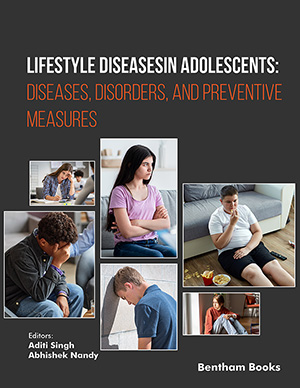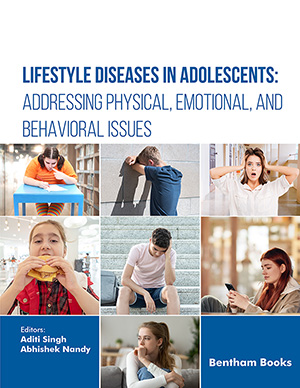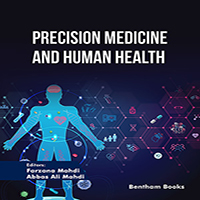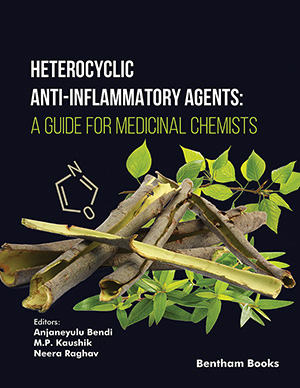Abstract
Background: Research suggests associations between trait anger, hostility, and type 2 diabetes and diabetes-related complications, though evidence from longitudinal studies has not yet been synthesized.
Objective: The present systematic review examined findings from longitudinal research on trait anger or hostility and the risk of incident type 2 diabetes or diabetes-related complications. The review protocol was pre-registered in PROSPERO (CRD42020216356).
Methods: Electronic databases (MEDLINE, PsychINFO, Web of Science, and CINAHL) were searched for articles and abstracts published up to December 15, 2020. Peer-reviewed longitudinal studies with adult samples, with effect estimates reported for trait anger/hostility and incident diabetes or diabetes-related complications, were included. Title and abstract screening, full-text screening, data extraction, and quality assessment using the Newcastle-Ottawa Scale were conducted by two independent reviewers. A narrative synthesis of the extracted data was conducted according to the Synthesis Without Meta-Analysis guidelines.
Results: Five studies (N = 155,146 participants) met the inclusion criteria. While results were mixed, our synthesis suggested an overall positive association between high trait-anger/hostility and an increased risk of incident diabetes. Only one study met the criteria for the diabetes-related complications outcome, which demonstrated a positive association between hostility and incident coronary heart disease but no significant association between hostility and incident stroke.
Conclusion: Based on the available longitudinal evidence, trait anger and hostility are associated with an increased risk of diabetes. Longitudinal studies are needed to investigate the association between trait-anger or hostility and the risk of diabetes-related complications.
Keywords: Anger, diabetes complications, hostility, prospective studies, systematic review, type 2 diabetes.
[http://dx.doi.org/10.1186/1758-5996-5-57] [PMID: 23298687]
[http://dx.doi.org/10.1016/j.mpmed.2018.10.002]
[http://dx.doi.org/10.1080/13548506.2019.1668567] [PMID: 31537118]
[http://dx.doi.org/10.1016/j.jad.2020.01.053] [PMID: 32090745]
[http://dx.doi.org/10.1111/dme.13606] [PMID: 29460506]
[http://dx.doi.org/10.1016/j.diabres.2021.108855] [PMID: 33965448]
[PMID: 20193636]
[http://dx.doi.org/10.1111/jgs.14454] [PMID: 27641686]
[http://dx.doi.org/10.4088/JCP.12r07922]
[http://dx.doi.org/10.1111/dme.14054] [PMID: 31215077]
[http://dx.doi.org/10.1017/S2045796020000049] [PMID: 31992379]
[http://dx.doi.org/10.1037/a0040388] [PMID: 27690483]
[http://dx.doi.org/10.1016/j.jad.2016.03.060] [PMID: 27262640]
[http://dx.doi.org/10.1007/s11892-011-0202-2] [PMID: 21611765]
[http://dx.doi.org/10.1177/1088868307309874] [PMID: 18453470]
[http://dx.doi.org/10.1093/eurheartj/ehw106] [PMID: 27222591]
[http://dx.doi.org/10.1016/j.bbi.2009.08.009] [PMID: 19732822]
[http://dx.doi.org/10.2174/157339907782330021] [PMID: 18220683]
[http://dx.doi.org/10.1097/PSY.0b013e31820ad12b] [PMID: 21257974]
[PMID: 21254733]
[http://dx.doi.org/10.1016/j.psyneuen.2005.08.008] [PMID: 16198499]
[http://dx.doi.org/10.1111/jep.12502] [PMID: 26696247]
[http://dx.doi.org/10.1097/PSY.0b013e3181fd944c] [PMID: 20947780]
[http://dx.doi.org/10.1007/s40200-020-00551-y] [PMID: 33520858]
[http://dx.doi.org/10.1016/j.jacc.2008.11.044] [PMID: 19281923]
[http://dx.doi.org/10.1093/eurheartj/ehu033] [PMID: 24591550]
[http://dx.doi.org/10.3389/fcvm.2020.00022] [PMID: 32158768]
[http://dx.doi.org/10.1016/j.psyneuen.2015.06.007] [PMID: 26142567]
[http://dx.doi.org/10.1136/bmj.n71] [PMID: 33782057]
[http://dx.doi.org/10.3390/ijerph14030287] [PMID: 28282955]
[http://dx.doi.org/10.1186/s12874-015-0091-1] [PMID: 26573817]
[http://dx.doi.org/10.1186/s12874-018-0618-3] [PMID: 30634920]
[http://dx.doi.org/10.1136/bmj.l6890] [PMID: 31948937]
[http://dx.doi.org/10.1016/j.dsx.2010.09.006] [PMID: 25663951]
[http://dx.doi.org/10.1097/PSY.0000000000000172] [PMID: 25886832]
[http://dx.doi.org/10.1111/jdi.12274] [PMID: 25802732]
[http://dx.doi.org/10.1097/GME.0000000000001296] [PMID: 30672885]
[http://dx.doi.org/10.1097/GME.0000000000001382] [PMID: 31479031]
[http://dx.doi.org/10.1037/h0060667]
[http://dx.doi.org/10.1002/jrsm.1458] [PMID: 32979023]
[http://dx.doi.org/10.1093/aje/154.3.230] [PMID: 11479187]
[http://dx.doi.org/10.1016/j.annepidem.2020.08.007] [PMID: 32805399]
[http://dx.doi.org/10.1177/2515245917745629]
[http://dx.doi.org/10.1093/oxfordjournals.aje.a116480] [PMID: 1415137]
[http://dx.doi.org/10.1080/08964289.2013.826170] [PMID: 24512364]
[http://dx.doi.org/10.1037/0278-6133.25.4.493] [PMID: 16846324]
[http://dx.doi.org/10.1016/j.bbi.2005.09.005] [PMID: 16288846]
[http://dx.doi.org/10.1111/1753-0407.12238] [PMID: 25349949]
[http://dx.doi.org/10.1161/STROKEAHA.114.004815] [PMID: 25013018]
[http://dx.doi.org/10.1097/JCN.0000000000000264] [PMID: 27299759]
[http://dx.doi.org/10.1161/01.CIR.0000118535.15205.8F] [PMID: 14993133]
[http://dx.doi.org/10.1016/j.amjcard.2005.03.049] [PMID: 16018847]
[http://dx.doi.org/10.1161/hs0102.101625] [PMID: 11779882]






























